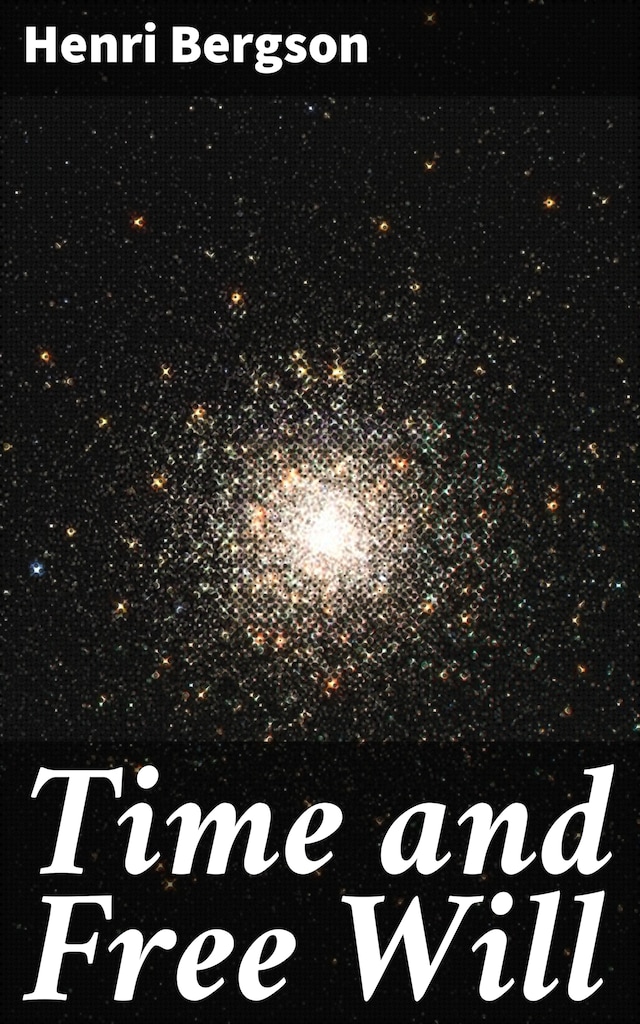
Time and Free Will
An Essay on the Immediate Data of Consciousness
Description of book
In "Time and Free Will," Henri Bergson explores the intricate relationship between time and human consciousness, challenging the prevailing mechanistic views of the universe of his time. Through a philosophical lens, Bergson distinguishes between the quantitative measurement of time, as understood by physics, and the qualitative experience of time, which he terms 'duration' (durée). Employing a unique narrative style that intertwines rigorous argumentation with vivid examples from perception and memory, he invites readers to consider how our subjective experiences shape our understanding of freedom and agency within the framework of temporality. This work is groundbreaking, as it lays the foundation for future existential and phenomenological inquiries into human existence. Bergson, a prominent French philosopher of the late 19th and early 20th centuries, was significantly influenced by the intellectual climate of his time, including debates in physics, psychology, and philosophy. His academic background, combined with his interest in the nature of consciousness, led him to investigate the fundamental questions of time and free will. Bergson's emphasis on instinct, intuition, and creativity in philosophical thought paved the way for his innovative approach in this seminal text. "Time and Free Will" is essential reading for anyone interested in philosophy, psychology, and the foundations of modern thought. By engaging with Bergson's insights, readers will gain a deeper understanding of the complexities of human experience and the profound implications this has for notions of free will and personal responsibility. This book is not just a theoretical exploration; it is a call to rethink the very nature of time as experienced by human beings.
 Henri Bergson
Henri Bergson 251 Pages
251 Pages